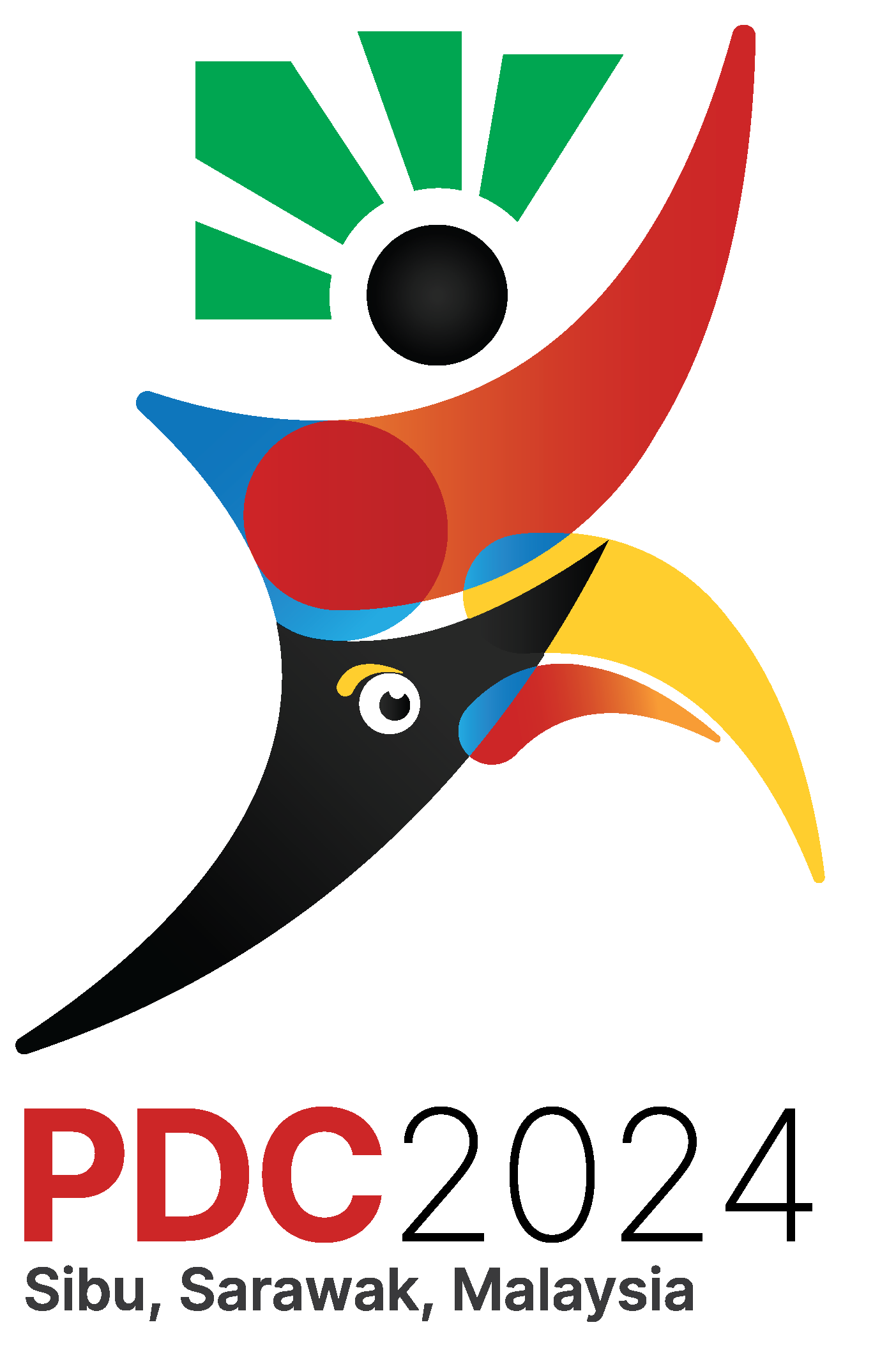

Theme
Reaching Out: Connecting Beyond Participation
The Participatory Design Community now looks back on three decades of research and change initiatives to allow organizations and societies to develop based on a broad set of opinions and stakeholders. In this time, the emerging Information and Communication Technologies have been both a challenging arena to maintain democratic values and an important set of tools to support initiatives for change.
The arenas around this duality of ICT potentials have changed and diversified. In many regions of the world, access to participation infrastructures-technological as well as non-technological continues to be a challenge, while in other regions issues of choice of investment in and success with change initiatives are tightly connected with living socio-technical infrastructures from Open-Source-Platforms over Makerspaces to Social Media.
Phenomena of and challenges for participation as a democratic foundation of the organization of mankind has grown past ritual modes of involving the underprivileged in (technological) projects and decisions they are affected by. It has turned into a continuous effort to improve the capacities to act towards change in an informed way. PD has been very much in the realm of academics, and practitioners, such as in areas of user experience, user interface design, and moved into areas such as ICT4development. Yet there should be awareness and understanding from the different sectors, not only, academia and industry, also from government, NGO’s and the general public. Creating that understanding especially amongst non-traditional “connoisseurs” of PD, such as, government, will help to develop products and services which promote equity, fairness, diversity besides improving effectiveness efficiency and usability. This engagement also helps in creating opportunities to involve communities who may be underserved, such as, rural communities and poor neighbourhoods.
The capacity to find ideas, orientation, and advice for change initiatives can be improved by many academic disciplines and discourses and by experiences with a large variety of change practices and domains. It requires technological tools, interfaces, and skills as well as experiences in the social practice of communication, coordination, and community building.
It requires awareness of the political context as well as an attitude of sensitivity towards stakeholder interactions and conflict potentials. Most importantly, it requires considerations and reflections beyond the notion of participatory design as a methodology in singular projects, but as a driver in setting agendas in technology developments (such as AI), considering technical opportunities and constraints, in an effort to establish resilient initiatives and communities of change, with societal impact.
Thus, the PDC 2024 in Malaysia aims at growing new alliances with research communities and stakeholders and practitioners that allow for a structured exchange to inform change initiatives – local and global. In an effort to re-shape participation at the conference, new communication, funding and presentation models will be explored to create connections with related academic, activists as well as practitioners and interested people and communities.

